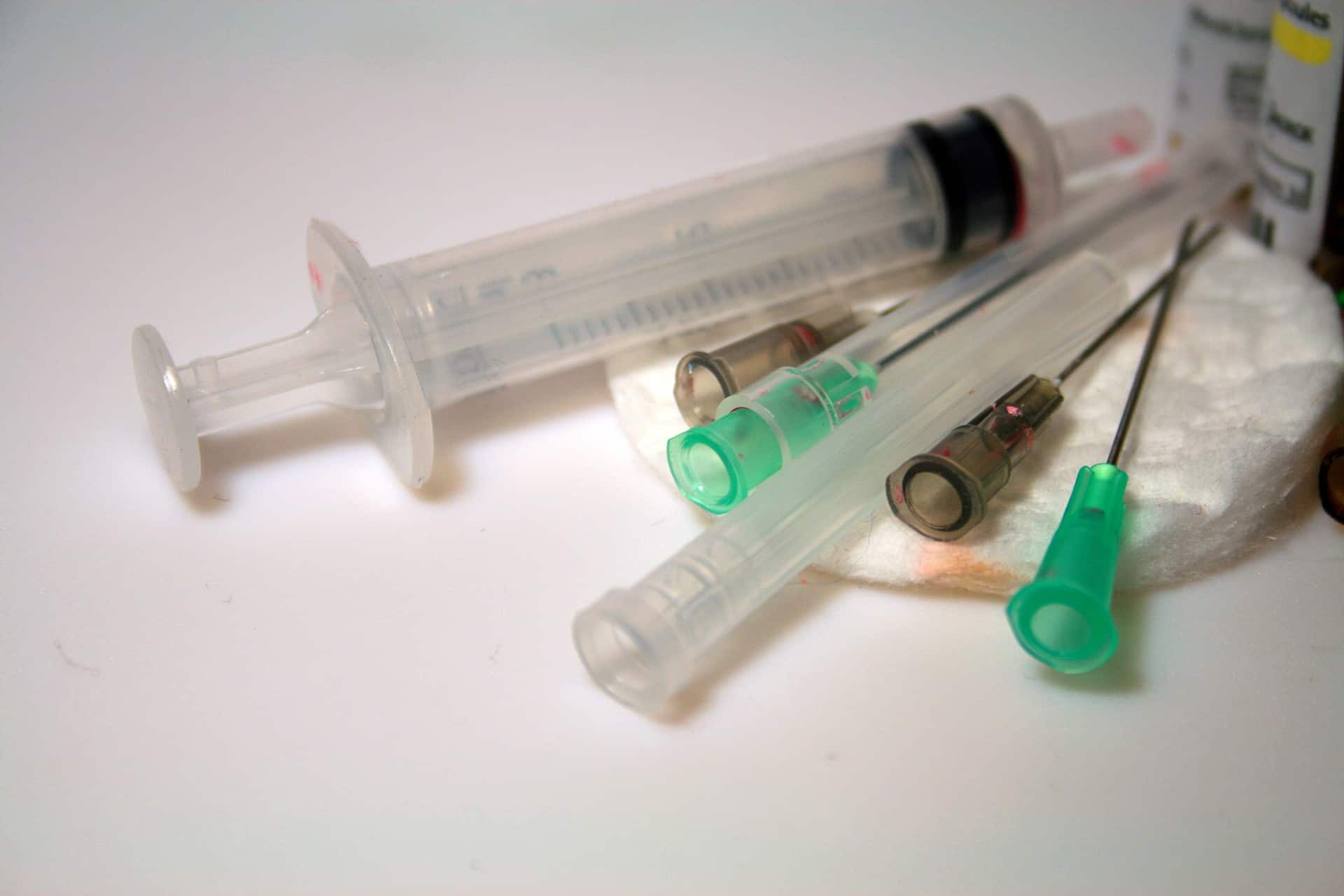Safe injection sites may be coming to Mississauga and Brampton
Published June 30, 2022 at 10:58 pm

With more than 650 opioid-related deaths in Mississauga and Brampton and thousands of overdoses across the last five years, public health officials are calling on regional councillors to approve supervised consumption services.
The chief of police is on board with the proposal to bring safe injection sites to Peel Region, too.
Next Thursday (July 7), acting Medical Officer of Health Dr. Kate Bingham will present a proposal for the Region of Peel to allow for, and fund supervised consumption services for up to 24 months. It would cost about $5.8 million from tax stabilization reserves. Since applications to Health Canada and to the Ontario government take time, councillors would need to grant regional managers the authority to create an “urgent public health need site.”
The proposal authors state that drug toxicity-related harms in Peel Region have gotten worse during the COVID-19 pandemic. About half of opioid-related deaths in Peel last year happened to someone who was alone and did not have someone present who could call 911 or give naloxone. Also, the ratio of non-fatal overdoses that can cause long-term health problems to fatal overdoses is believed to be 20:1.
“The increasingly toxic drug supply in Peel has led to a dramatic increase in deaths due to fentanyl and fentanyl analogues,” authors Kirsten Barnes, Inga Pedra and Jessica Mammone write. While death data are often reported as a key indicator for drug-related harms, this is only a proportion of total harm, as non-fatal overdose can lead to serious, long-term health impacts… For every fatal overdose there are approximately 20-30 nonfatal overdoses.”
Canada has had supervised consumption services, commonly called safe injection sites, since 2003. There are close to 40 nationwide, including 22 in Ontario. Guelph, Hamilton, Kitchener and Toronto each have at least one SCS site.
The report calls SCS sites “low-threshold health care services where people can use their own drugs in a safe, hygienic environment under the supervision of knowledgeable, non-judgmental, trauma-informed staff and receive basic health care, harm reduction teaching and counselling, and necessary referrals. An SCS prevents fatal overdoses and reduces the spread of blood-borne infections (e.g., HIV, Hepatitis C) by decreasing high-risk behaviour and unsafe injection practices, such as needle sharing.”
Police chief: ‘Evidence-based approach’
Chief Nishan Duraiappah of Peel Regional Police wrote to the public health unit two weeks ago to express support for SCS sites. Chief Duraiappah mentioned he had met with former MOH Dr. Lawrence Loh about the matter.
“I would like to express our continued support for a holistic, evidence-based approach to substance and addiction-related issues within Peel,” Duraiappah says.
“We recognize that addiction is first and foremost a public health matter and that prevention, treatment and harm reduction strategies must be at the core of how we address these issues as a community.
Supportive letters have also been written by the Embrave Agency To End Violence, the John Howard Society of Peel-Halton-Dufferin, Our Place Peel, Peel Drug Users Advisory Panel and Wellfort Community Health Services.
If the interim funding is approved, Peel Public Health and Moyo Health and Community Services would continue to consult with affected neighbourhoods about potential SCS site locations.
Brampton Board of Trade chief executive officer Todd Letts, though, is urging regional council to send the proposal back for revisions. Letts charges there has been a “wholly inadequate engagement process” with the business community in Brampton.
“Business community questions such as the amount Regional Council is being asked to allocate, and for what, as well as the timeline and process for procuring a site provider, have not been answered,” Letts says. “Without a fair process of consultation with area businesses, Regional Council is provided with only a one-sided bureaucratic point of view and Regional Council is being asked to assume a number of unknown risks.
“Council should deny this request for funding and ask that Peel Public Health bring back a proposal only at a time when better and more detailed information can be provided,” adds Letts, who prefaces that position by saying the board of trade is supportive of improving public health outcomes.
Near the end of the proposal, the authors calling for supervised consumption services say it is a matter of urgency.
“Without immediate intervention, rising opioid-related deaths and non-fatal overdoses in Peel are expected to continue to increase unabated.”
The matter will be discussed in a 9:30 a.m. meeting next Thursday. The full proposal is available at peelregion.escribemeetings.com.
insauga's Editorial Standards and Policies advertising





